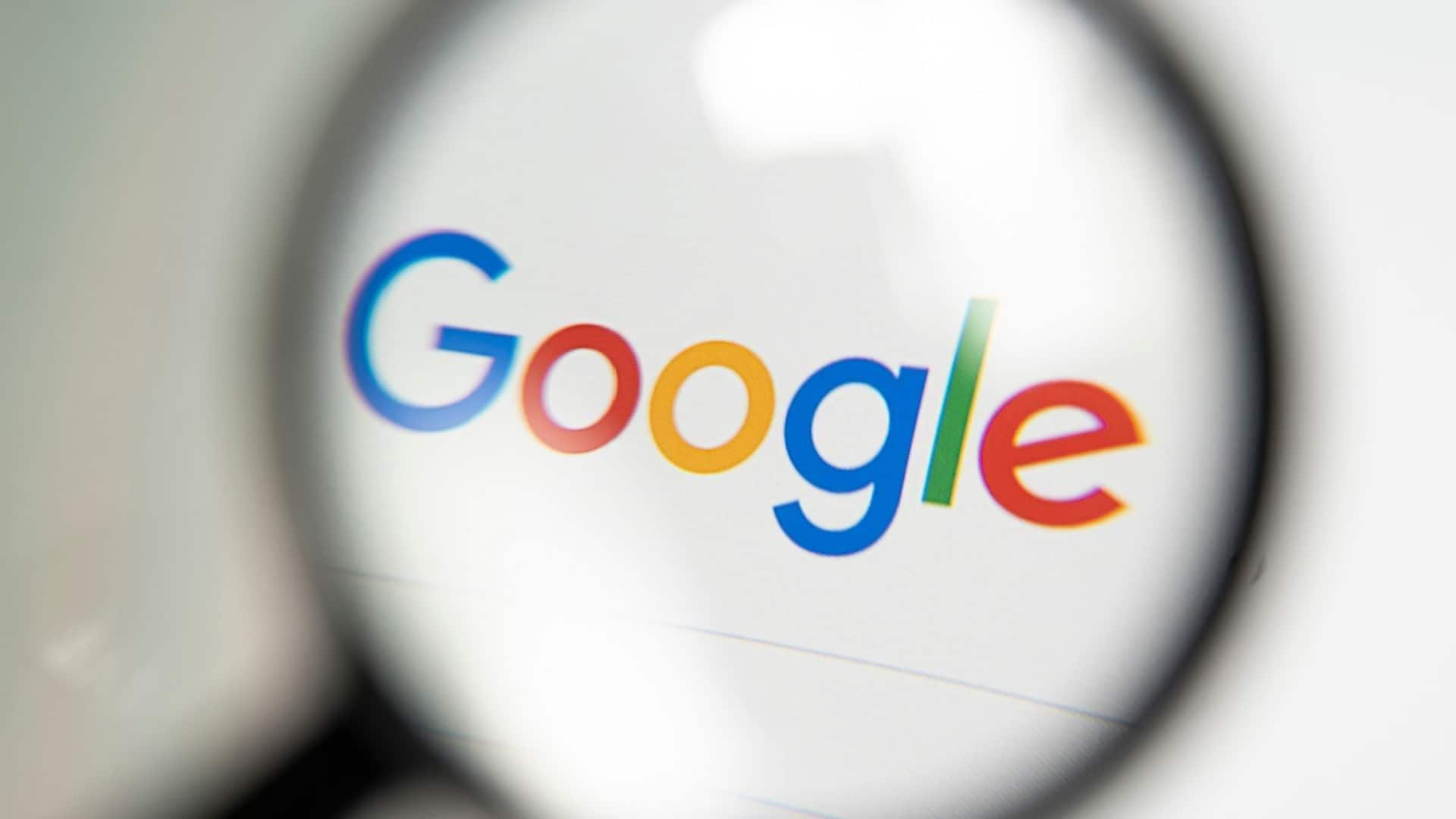
US judge orders Google to open Play Store to competitors
What's the story
In a landmark decision, a US judge has ruled that Google must allow rival app stores to be distributed on the Google Play Store. This ruling comes after a lengthy legal battle between Epic Games, the developer of Fortnite, and Google. Epic argued that Google's control over the Android app market constituted an unfair monopoly. According to the court order, from November 1, Google cannot pay developers for exclusive app launches on its platform for a period of three years.
New regulations
Google's control over app distribution and billing
The ruling also prohibits Google from forcing developers to use its billing system, and mandates it to let them inform users about other payment methods. This could potentially lead to lower fees for developers and potentially lower prices for consumers. Google Play must now allow users to download and install third-party app stores directly from the Play Store. This opens the door for competition in the Android app ecosystem for the first time.
Appeal
Google's response and plans for appeal
In response to Judge Donato's ruling, Google has announced its plans to file an appeal and seek a suspension of the mandated changes. The company argues that these alterations could potentially undermine Android's competitiveness against Apple's iOS. As part of the enforcement process, a three-member committee will be established to oversee Google's compliance with the ruling and address any technical issues that may arise.
Antitrust violation
Google's Play Store found in violation of US antitrust laws
In December, a jury unanimously ruled that Google's Play Store had violated US antitrust laws by maintaining an illegal monopoly over app distribution and in-app billing for Android devices. The jury also found that its agreements with other gaming firms and device manufacturers were anti-competitive. This ruling closely matches a permanent injunction proposed by Epic Games in April, which Google had previously argued was overly demanding and self-serving.
Safety measures
Google retains some control over safety and security
Despite the ruling, Google will still have some control over safety and security as it opens up the Play Store to rival stores. The injunction allows Google to take "reasonable measures" that are "strictly necessary and narrowly tailored" for this purpose. These measures should be "comparable" to its current practices for policing the Play Store. For these services, Google is allowed to charge a fee.